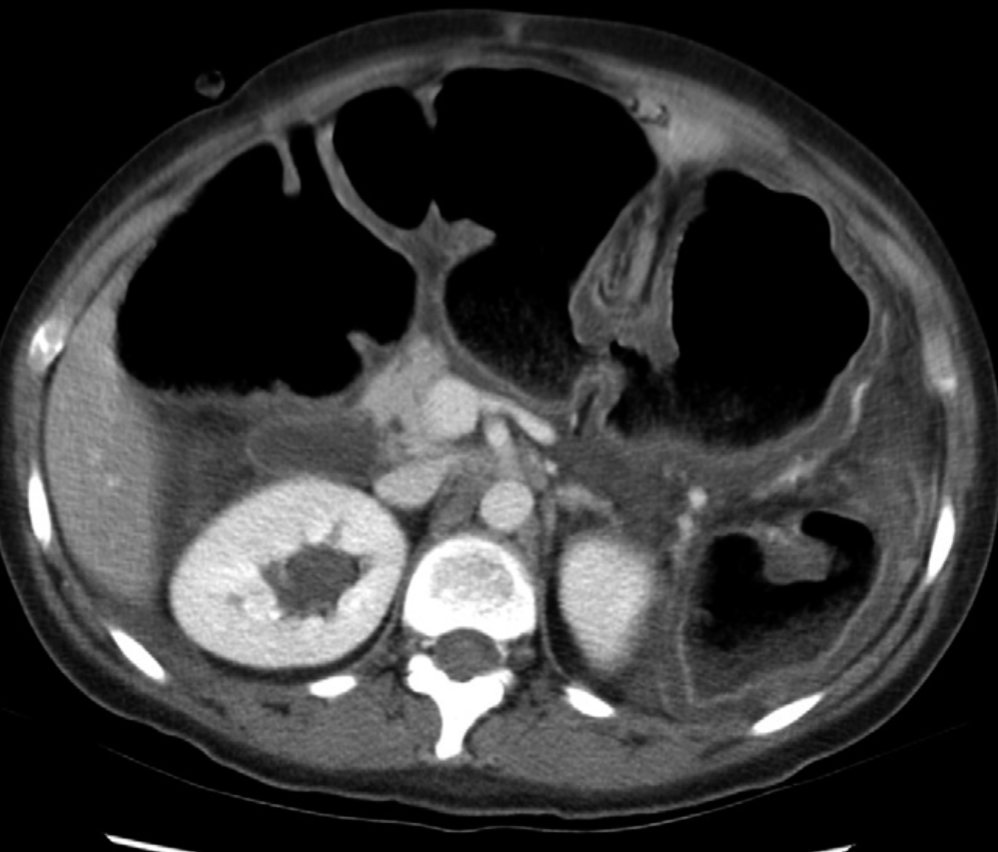
Overview of Toxic Megacolon
Toxic megacolon is a severe, life-threatening complication of various forms of colitis, including inflammatory bowel disease (IBD) such as ulcerative colitis and Crohn’s disease, as well as infectious colitis caused by bacteria like Clostridioides difficile (C. diff). It is characterized by rapid dilation of the colon, systemic toxicity, and the potential for perforation of the colon, leading to sepsis and death if not treated promptly.
Pathophysiology
-
Inflammation and Dilation:
- Toxic megacolon occurs when the colon becomes severely inflamed, leading to paralysis of the colonic muscles (colonic atony). This results in the inability of the colon to expel gas and feces, causing it to dilate.
- The dilation is typically greater than 6 cm in the transverse colon, but the entire colon can be affected.
-
Systemic Toxicity:
- The inflammation leads to the release of inflammatory mediators, which can cause systemic toxicity. This includes fever, tachycardia, hypotension, and altered mental status.
- The systemic inflammatory response can lead to multi-organ failure if not managed.
-
Risk of Perforation:
- As the colon dilates, the risk of perforation increases. A perforated colon can lead to the leakage of intestinal contents into the abdominal cavity, causing peritonitis and sepsis, which are often fatal without immediate surgical intervention.
Causes
-
Inflammatory Bowel Disease (IBD):
- Ulcerative colitis is the most common cause of toxic megacolon. It can also occur in Crohn’s disease, although less frequently.
- The risk is higher during severe flare-ups of the disease.
-
Infectious Colitis:
- Infections, particularly with C. difficile, can lead to toxic megacolon. Other bacterial infections, such as Salmonella, Shigella, and Campylobacter, can also be implicated.
-
Ischemic Colitis:
- Reduced blood flow to the colon can cause ischemic colitis, which can progress to toxic megacolon if severe.
-
Other Causes:
- Certain medications, such as antidiarrheal drugs (e.g., loperamide) and narcotics, can precipitate toxic megacolon by slowing down bowel movements.
- Radiation therapy to the abdomen or pelvis can also increase the risk.